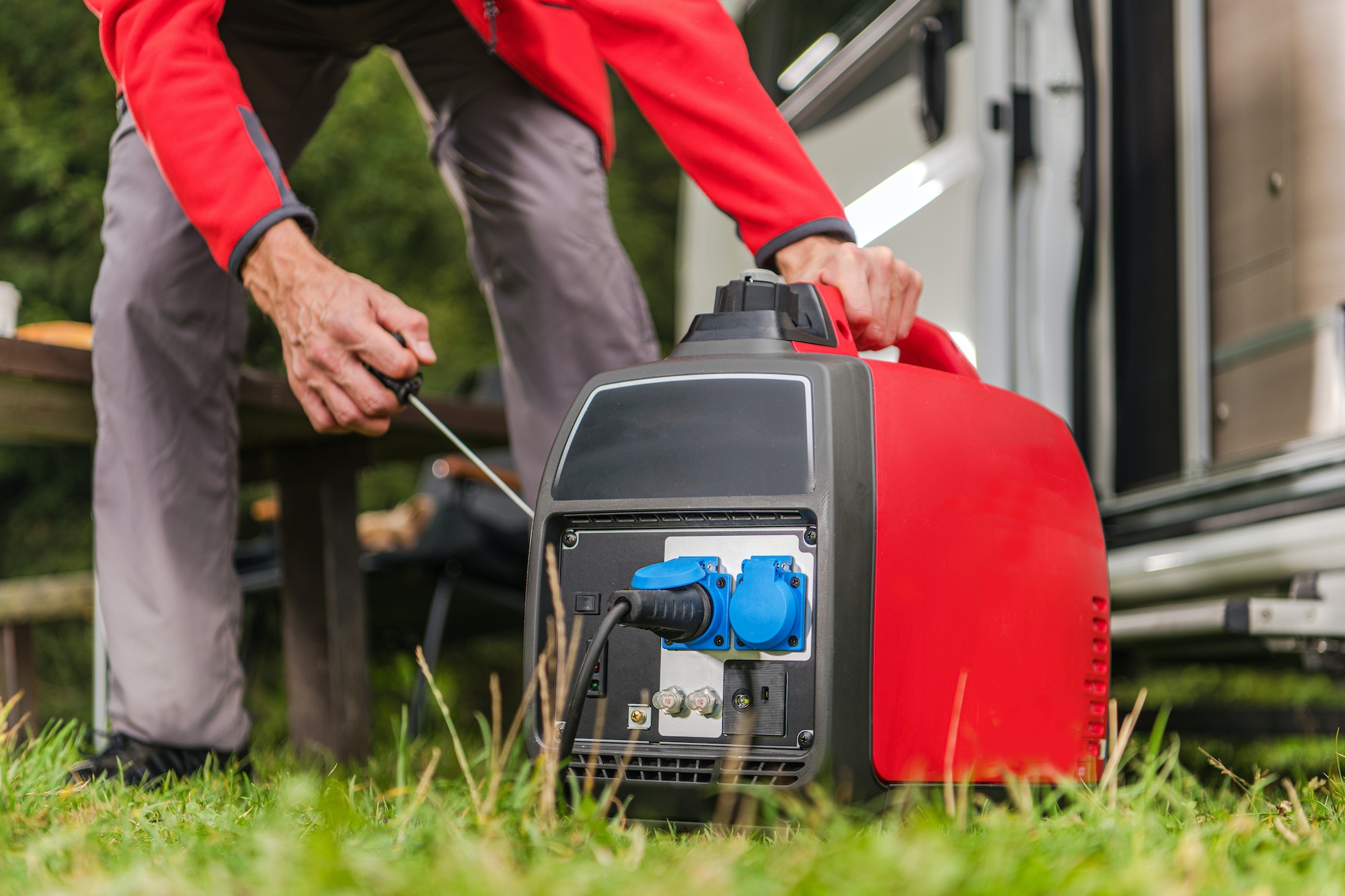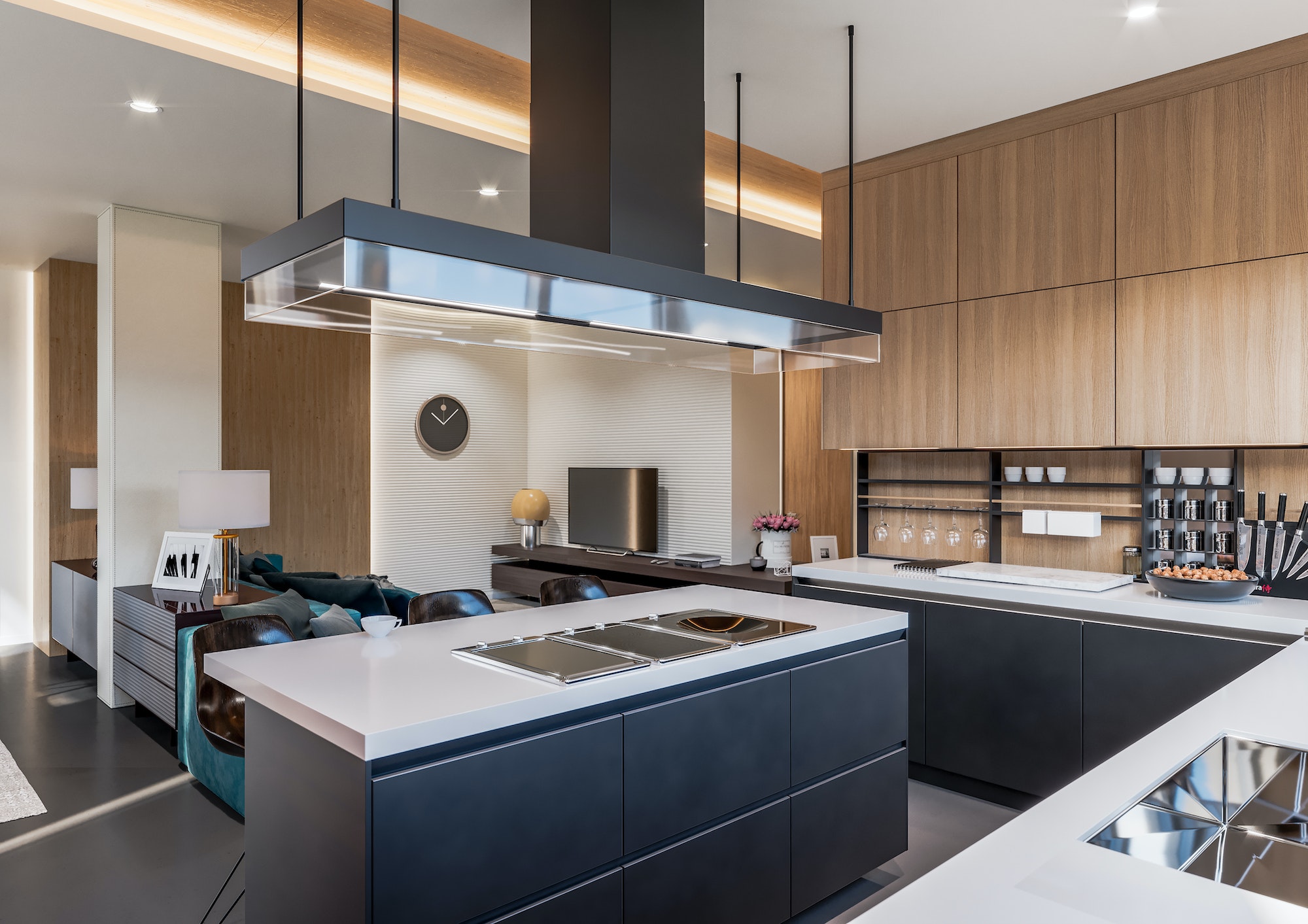A backup generator is the best way to ensure that your home or business is safe during a power outage. However, deciding on the best generator can be challenging. With so many different types and sizes out there—not to mention confusing specifications—it can be hard to know where or how to start.
Kohler generators by Power Systems West are the perfect solution for your backup power needs. They come in various sizes and models for commercial and residential use. In this guide, we’ll go over the different types of backup generators available, what they mean, and how you can use that information to find the best one for your needs.
Types of Generators by Size
Before purchasing a backup generator, you should understand the different types and learn how each works.
Recreational Inverter
This is the lightest type of generator, offering up to 2,000 watts, weighing around 60 pounds, and costing between $400 and $1,000. It is quiet, does not require installation, and is designed to be portable. Recreational inverters are generally easy to use, with many models, including smartphone apps.
Recreational inverters are sometimes as expensive as portable generators, but they can only power small refrigerators, lights, and electronics. If you’re always on the go, your home’s power rarely goes out, or you just want something compact and lightweight, a recreational inverter could be the perfect solution.
Mid-Sized Inverter
This generator lives up to its name, with up to 3,500 watts, a price range of $1,000 to $1,700, and a weight of 150 pounds or less. It is lightweight and quiet, just like a recreational inverter, but it can power significantly more. A mid-sized inverter can run a refrigerator and lights for eight to eighteen hours on two to three gallons of gas.
A medium-sized inverter, on the other hand, cannot power everything. Most models can only power 110-volt items with standard two- or three-prong plugs, so if you want to power well pumps or heating and cooling equipment, you’ll have to look elsewhere.
A mid-sized inverter generator is an excellent choice for those seeking a backup power solution in a home that rarely experiences power outages. Its ability to power critical appliances for extended periods of time will put your mind at ease and keep your household running smoothly.
Portable Generator
This generator is considered the best value, offering up to 7,500 watts and costing between $700 and $2,800. Please keep in mind that the name of this generator is slightly misleading, as most models weigh nearly 300 pounds.
Many portable generator models provide enough energy to meet the needs of an average household. They can even be connected to a breaker panel to power hardwired equipment such as pumps. However, it should be noted that connecting a portable generator to your home’s circuit breaker can often cost as much as the generator itself. Remember that portable generators should not be used without adequate protection in the snow or rain.
Portable generators are an excellent choice for homes that experience intermittent power outages; they are dependable and provide adequate power without costing thousands of dollars.
Large Inverter
Large inverter generators, which can produce up to 7,500 watts and cost between $1,400 and $4,000, and weigh between 250 and 350 pounds or more, can power essentials such as a refrigerator and even a small air conditioning unit. These are also quieter and more fuel-efficient, with consistent power for more sensitive electronics.
Remember that large inverters are powered by stabilized gasoline rather than natural gas or propane. Because of their dependability and ability to essential power appliances, large inverter generators are ideal for homes that experience frequent and/or prolonged power outages.
Home Standby
Home standby generators provide up to 20,000 watts of power, cost between $2,000 and $6,000, and weigh between 350 and 600 pounds. They are permanently installed next to your house. During a power outage, they will automatically turn on and provide a constant power current to power all your appliances. These generators are usually powered by natural gas or propane.
Keep in mind that while this is the most convenient type of generator for home use, it is also the most expensive. Installation of a home standby generator can be as expensive as the generator itself, making this option unaffordable for some.
This is also not an option if you reside in a flood-prone area because home standby generators cannot be erected or moved during a flood. However, a home backup generator may be the best way to keep the lights on in locations prone to power outages or without electrical service.
Important Features to Consider
Wattage
When choosing a generator, the first thing to consider is wattage. Calculate how many watts you’ll need for everything you plan on powering with your generator—whether during an outage or in a location without access to traditional power sources.
Typical appliances, such as televisions, microwaves, and coffee makers, draw a fixed amount of electricity. Add the wattage ratings on all these devices to determine your minimum generator size.
Fuel Type
Generators can be powered by propane, gasoline, or natural gas. Depending on your location and needs, one fuel type may be more convenient. If you have natural gas or propane access, a home standby generator will likely be an easier choice than a portable model with gasoline. Where you store the fuel for your generator—outside or inside your home—will also factor into this decision.
Usage
Consider how much electricity your generator must produce and its intended use. Picking a generator to keep your house running during a blackout is significantly different than choosing one to bring along on a camping vacation. As previously said, standby generators are permanently installed in your home and offer backup power during an outage. On the other hand, a portable generator may be brought anywhere you go. You may choose an inverter generator, which is quieter and doesn’t weigh as much, for even more portability.
The Bottom Line
When selecting the right generator, there are numerous factors to consider. However, if you consider all the information presented above, you will have an easier time determining the best generator type and model.
Discover more from Futurist Architecture
Subscribe to get the latest posts sent to your email.




